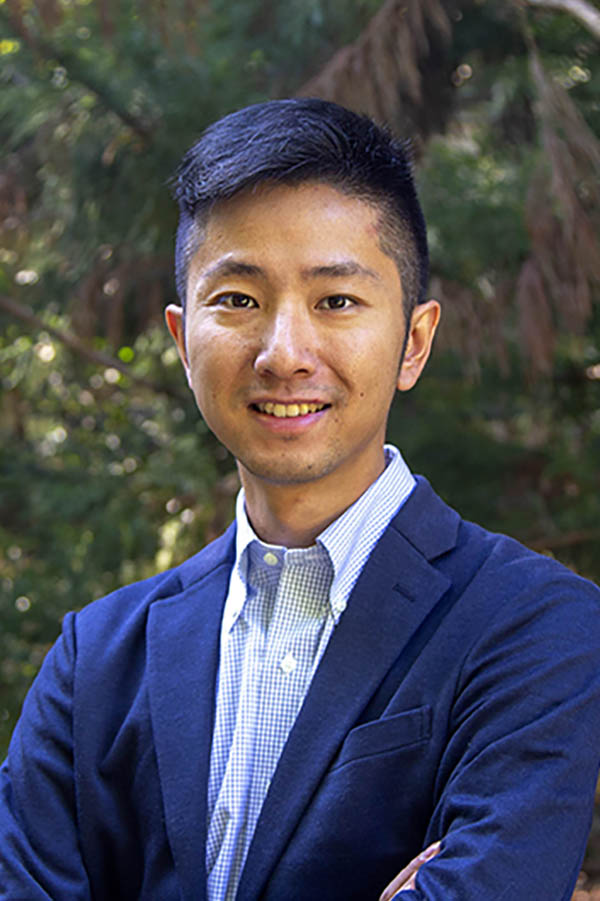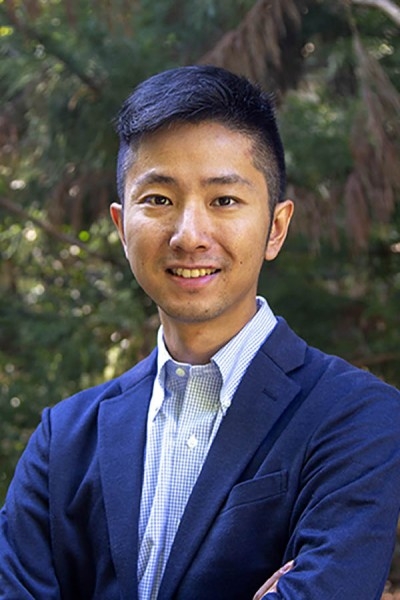 Lai |
Atlanta may be the perfect place for Chris Chung-kei Lai to work.
It’s a dense urban area, yet it’s just a few hours from more than 100 miles of coastline. For an engineer interested in how water flows through salt marshes and how heat escapes from cities (or doesn’t), Atlanta offers a wealth of opportunities.
“One of my major research areas is turbulent flows through coastal vegetation and through an array of buildings in a city,” said Lai, who will join the School of Civil and Environmental Engineering faculty this fall. “These flows are related to the management of wetlands and microclimate in a city: for example, how nutrients and sediments are moved through salt marshes and how heat released in a city is moved or trapped between buildings.”
Lai said turbulence in these kinds of flows presents engineers with a difficult problem.
“When a turbulent flow passes through an array of objects, like coastal vegetation or a series of tall buildings, the situation gets complicated,” Lai said. “The fluid motions are strongly modified by the flow fields created around the objects. This is where classic theories of turbulence fail, demanding new analysis and new ideas to understand what’s happening.”
Lai’s approach to the problem involves physical laboratory experiments to understand the underlying physics, then creating models to predict these complex flows and designing devices to help manage them.
“Environmental fluid mechanics is at the heart of the human experience, as we are affected by our surroundings,” Lai said. “With a growing world population, and increasingly populated coastal urban areas, it is important to understand how the environment responds to our increasing demands in order to achieve sound management of our environmental resources.”
His work on turbulence also has impact across disciplines, including for mechanical and aerospace engineering. He’s planning a new kind of experimental facility at Tech that allows him to observe and document flow around objects in all three dimensions.
“Engineering is a perfect marriage of science and practice,” Lai said. “This is especially true in environmental fluid mechanics, where elegant mathematics is combined with physical experiments and computer simulations to solve complex fluid flow problems important to society: wastewater disposal, river sediment transport, and pollutant dispersion in urban canopies, for example.”
Lai joins Georgia Tech from the Los Alamos National Laboratory, where he has been a postdoctoral researcher on the Extreme Fluids team. His doctoral work at Texas A&M University focused on the transport of oil and gas after underwater spills with the support of the Gulf of Mexico Research Initiative.
Related
- Chris Chung-kei Lai
- Water Resources Engineering
- Other new faculty:

